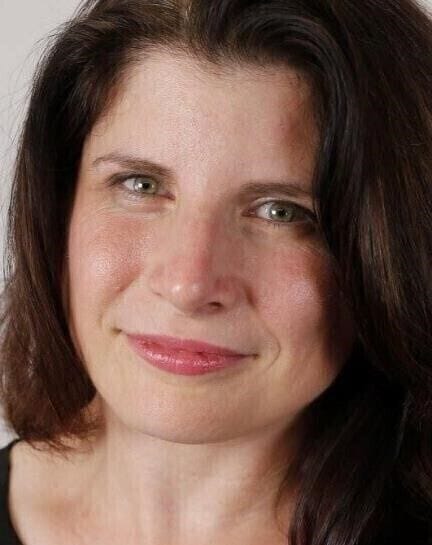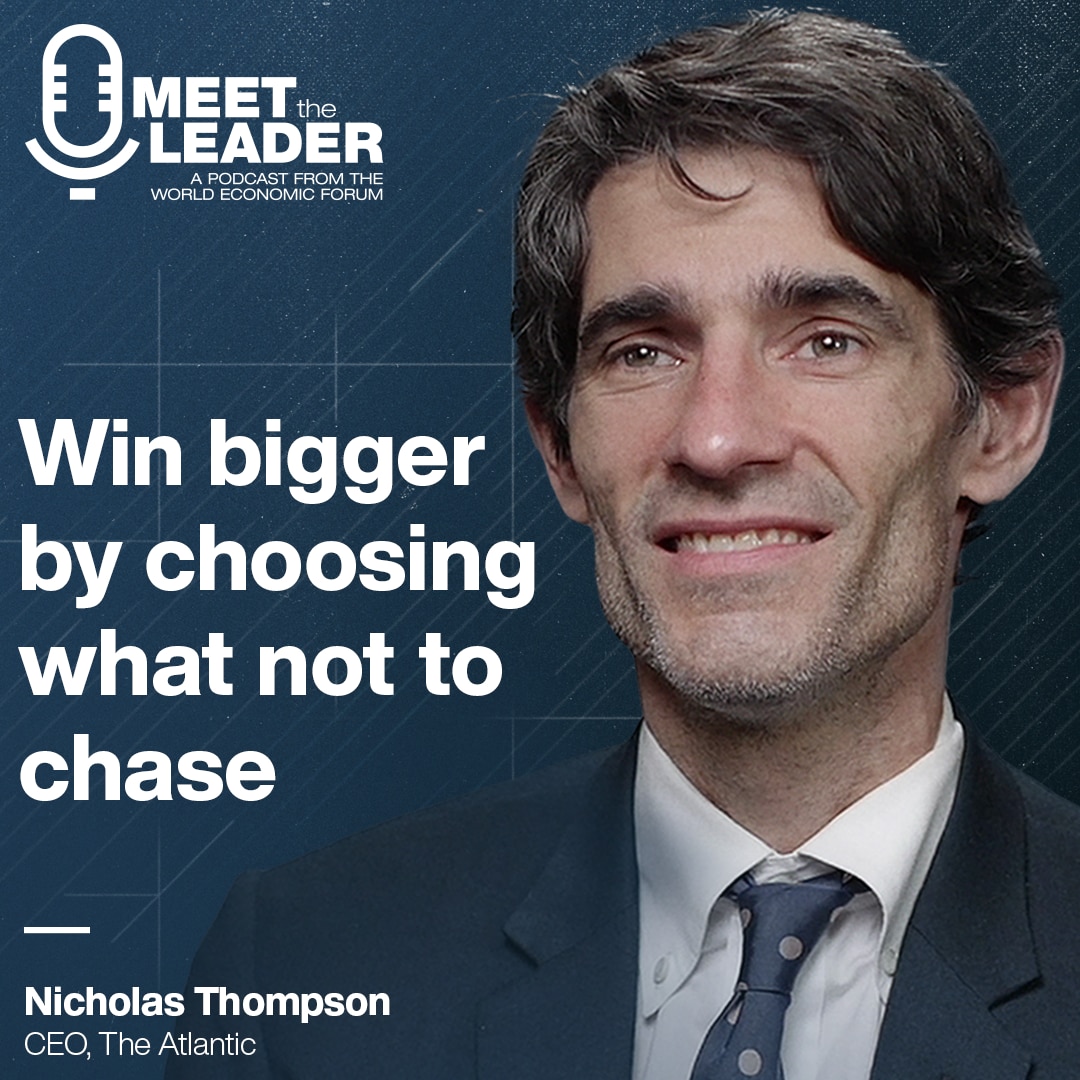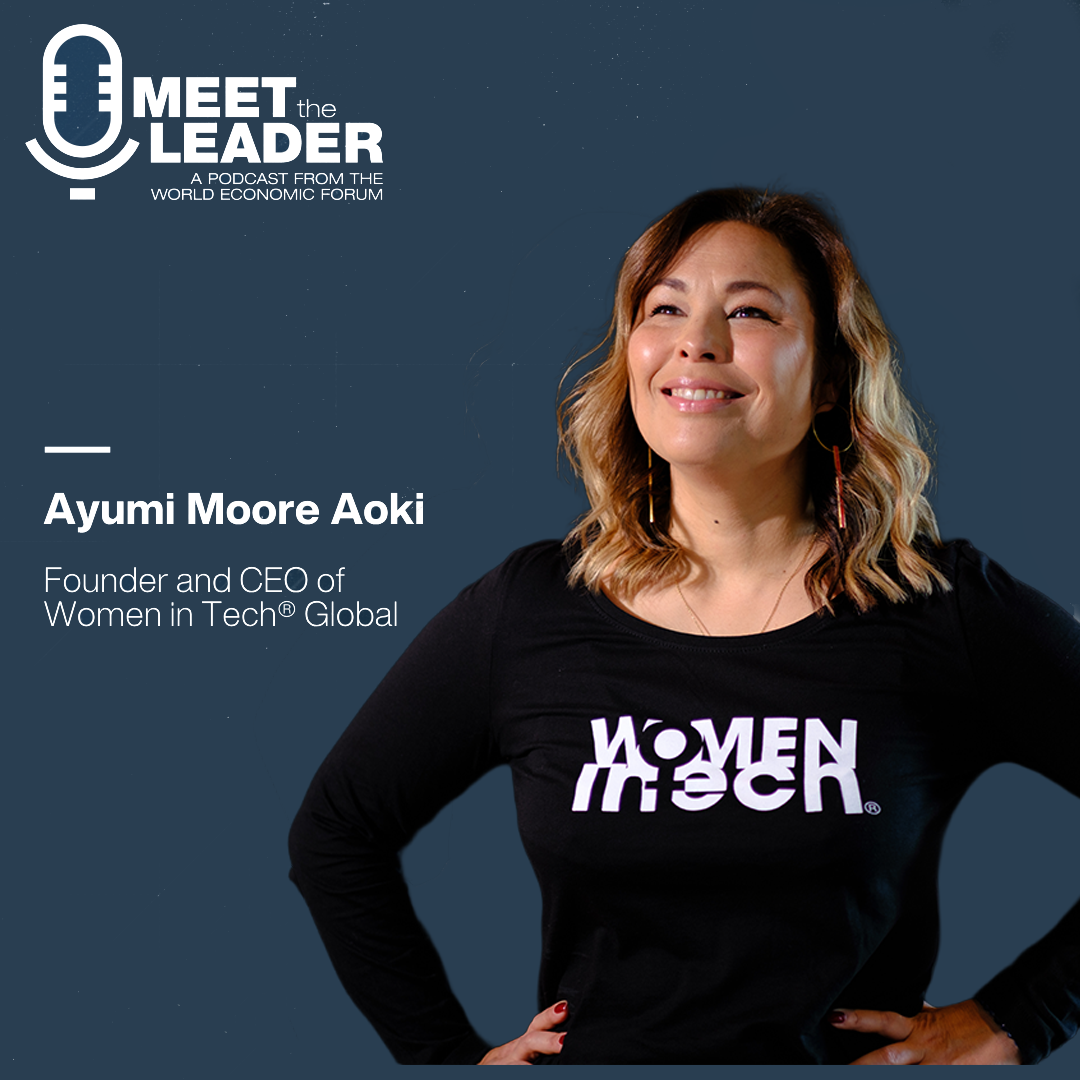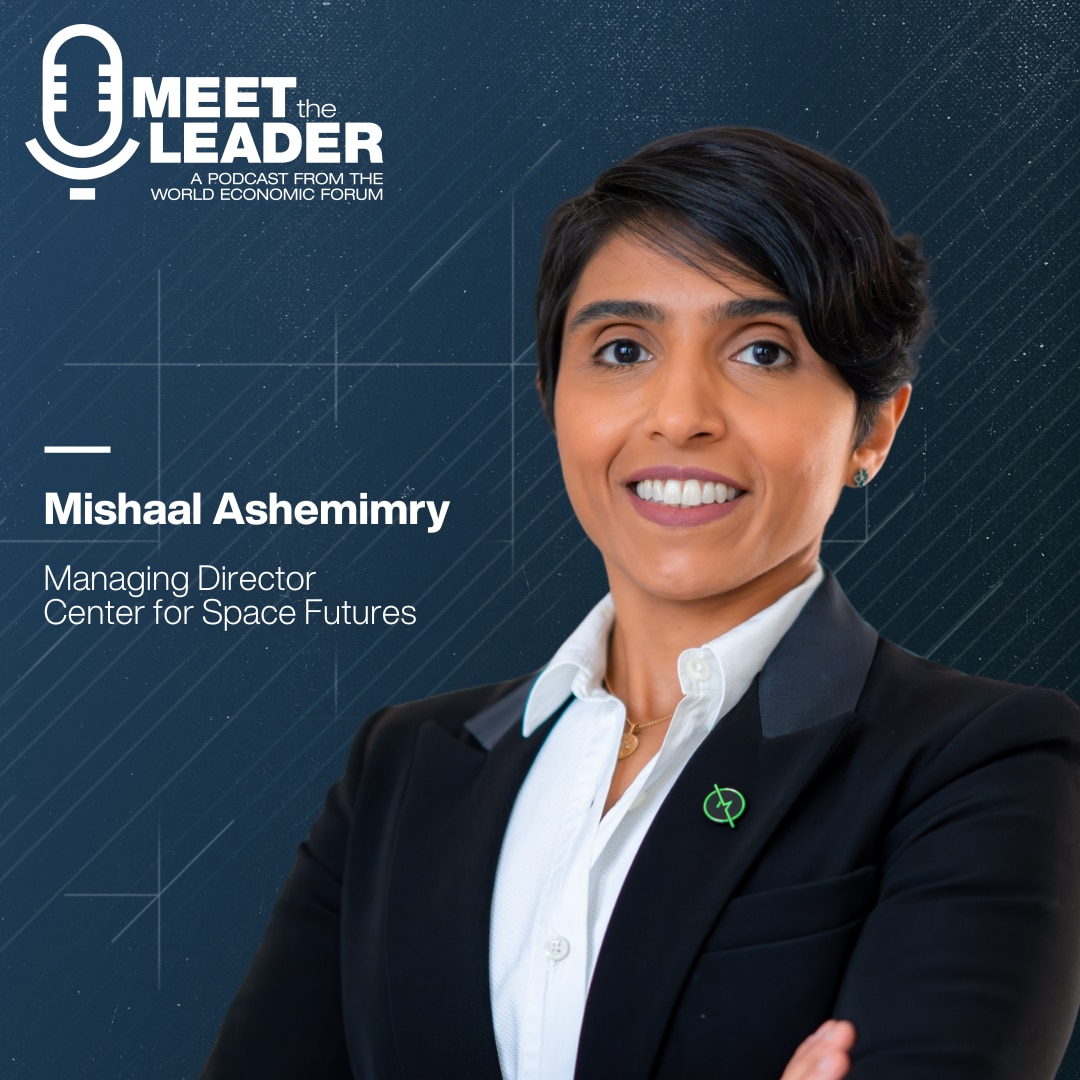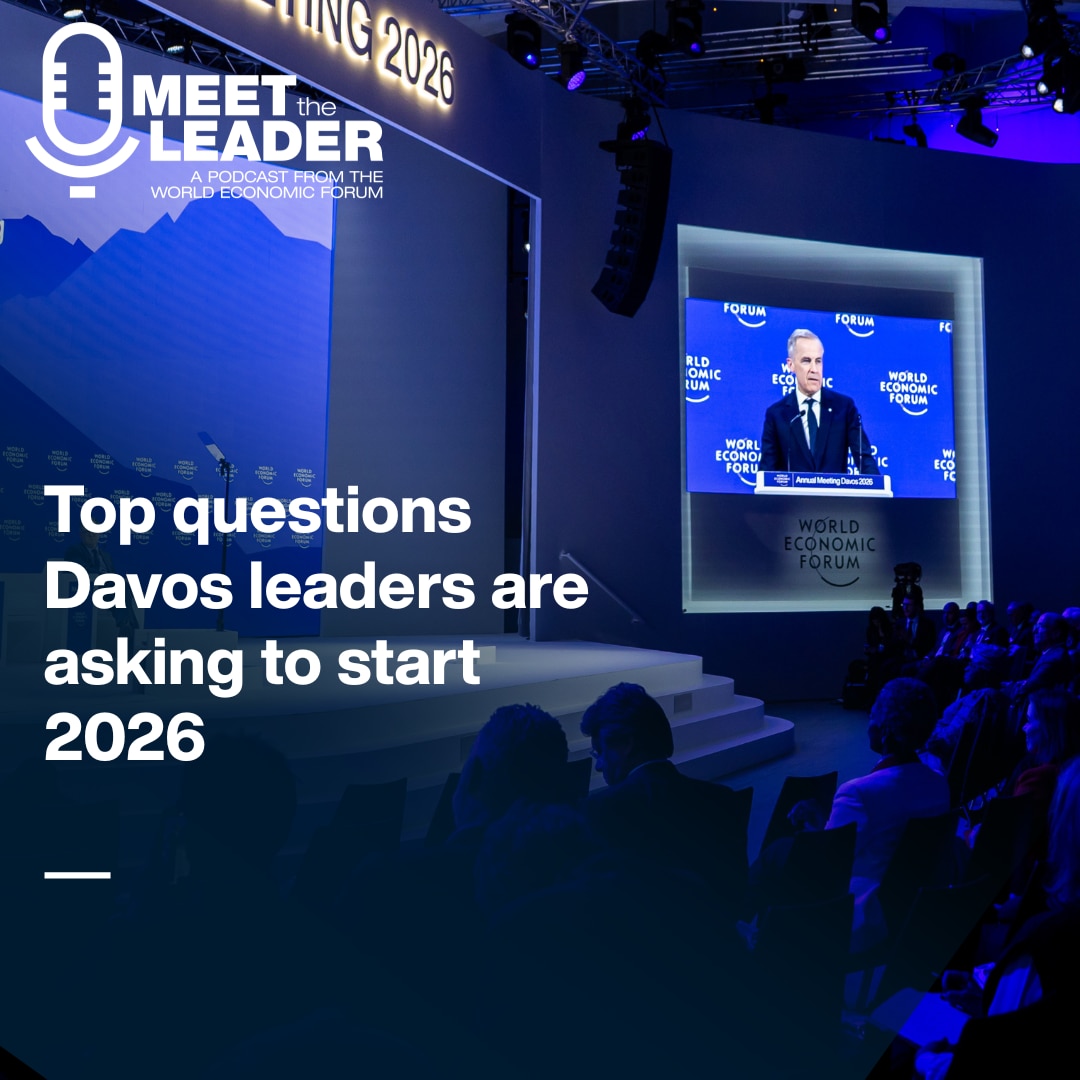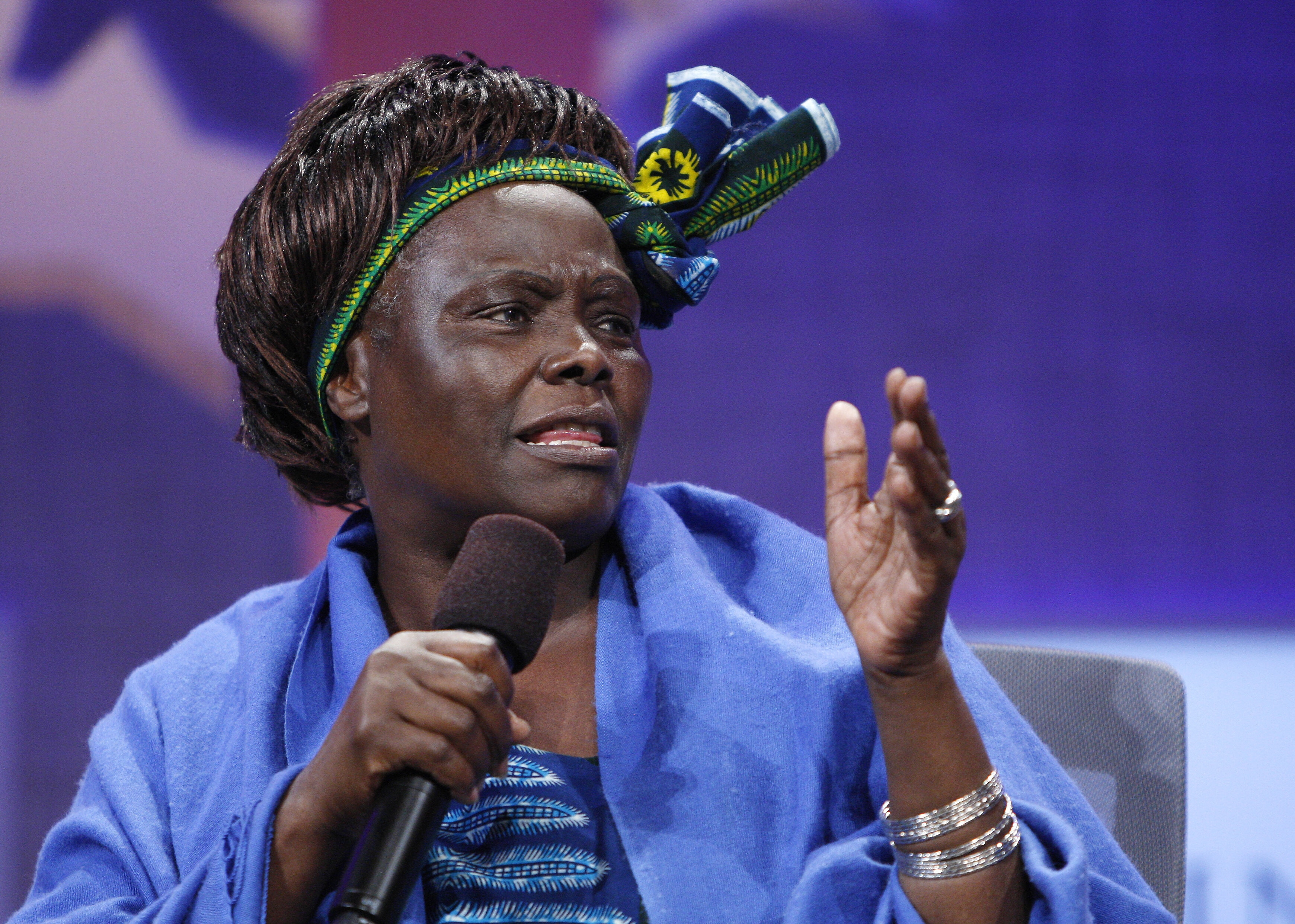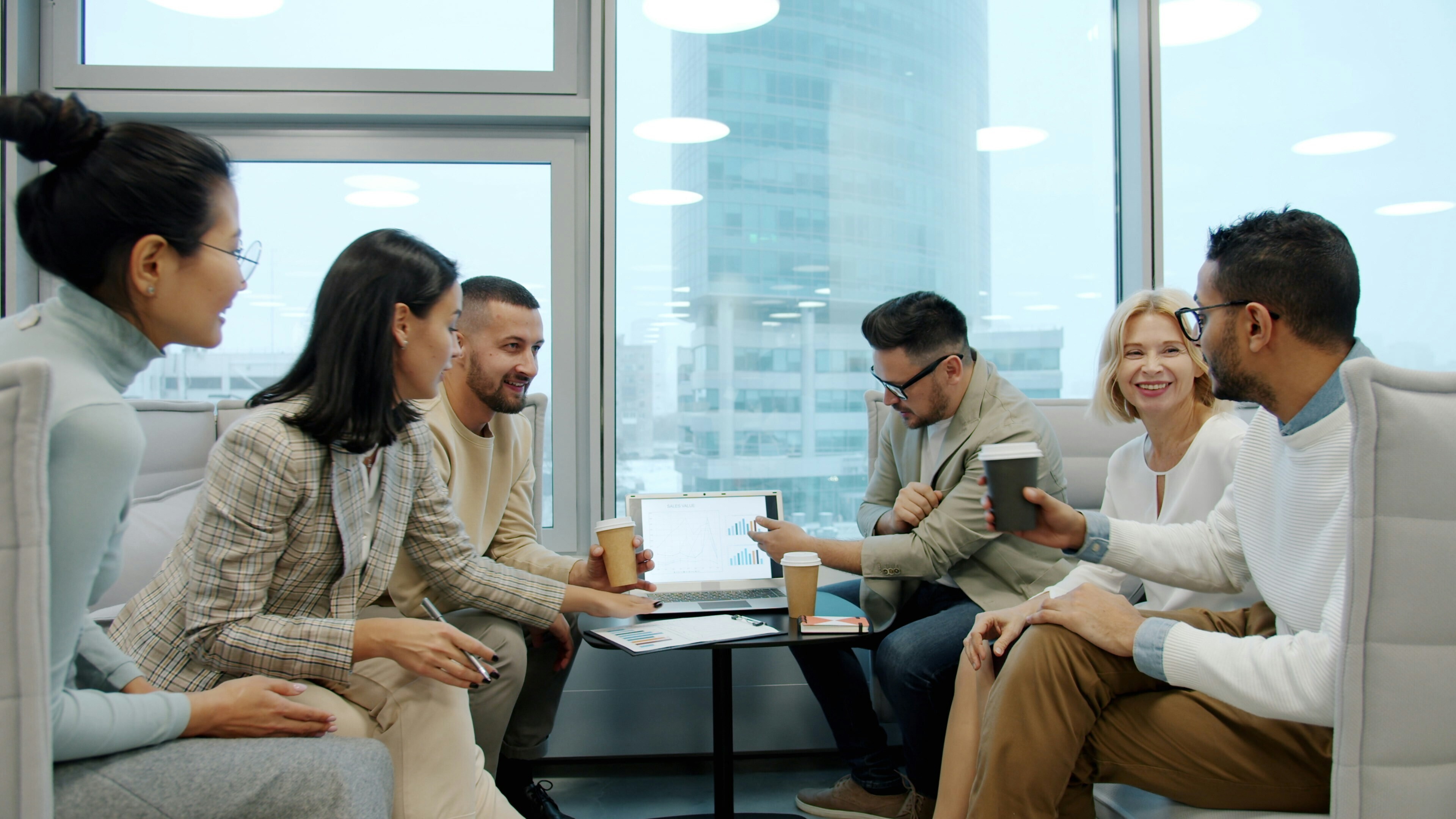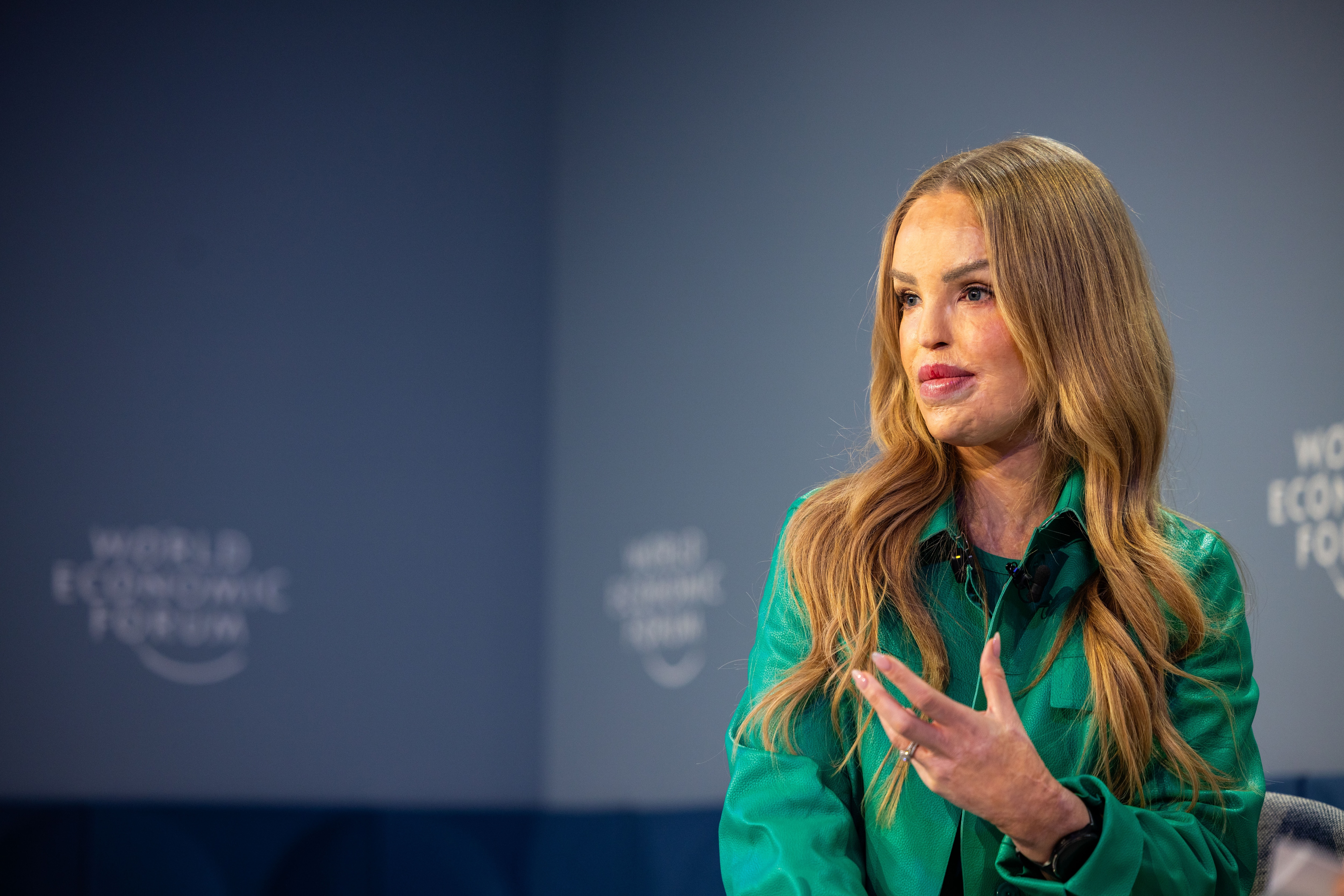Rally others to your cause: former trial lawyer, Baptist minister (and United Way CEO) explains how
Podcast transcript
This transcript has been generated using speech recognition software and may contain errors. Please check its accuracy against the audio.
Linda Lacina, Meet The Leader Welcome to Meet the Leader, the podcast where top leaders share how they're tackling the world's toughest challenges.
Today we talk to Angela Williams, the CEO and president of United Way Worldwide. This lawyer and Baptist minister will tell us how to advocate for what you believe in.
Subscribe to Meet The Leader on Apple, Spotify and wherever you get your favourite podcasts and don't forget to rate and review us. I'm Linda Lacina from the World Economic Forum and this is Meet the Leader.
Angela Williams, United Way Worldwide We all have an obligation to create a seat at the table for everyone to be included.
Linda Lacina, Meet The Leader Change - real change - starts with connection, with persuasion, with advocacy. But how can you be an effective advocate for the change that you want to see? Angela Williams knows something about advocacy. She is the first black CEO of United Way Worldwide, one of the world's largest privately-funded charities. It is a non-profit that helps communities in more than 30 countries to provide better access to healthy food and safe drinking water that increases educational options for children and even job opportunities for adults.
She comes from a long line of advocates. Her father was a minister and a director for the South Carolina NAACP during the 1960s civil rights era. He served in the military as did Angela and her brother. And at one point, during Operation Desert Storm, all three served at the same time.
Throughout her life, Angela has remained dedicated to the underdog. She herself served as a lawyer and a Baptist minister, and she'll share with us what she learned. But getting the message across and connecting for change.
She'll tell us all about that. But first, she'll tell us more about the United Way and how it's building economic mobility.
Angela Williams, United Way Worldwide I think no matter what country, no matter what community you find yourself in, there are people that need the ability to improve their lives and to thrive.
And so, I'll give you an example from the Kwamoso village in Ghana where United Way invested $14,000 to create three businesses for the women and girls in the village because a lot of the men had left to seek jobs elsewhere. And with that $14,000, we created a bead manufacturing business, a bakery and a soap making business.
When you go visit that village now, the women and girls are thriving. They're making money. They're excited about the ability to not only take care of themselves, but to take care of their children.
Another example in the United States is we have what are called prosperity centres. For example, one in New Orleans. A woman who, single mother, didn't have good credit, had children and wanted to find a way to gain additional skills, improve her credit score and her financial stability. Our team helped to put her on a budget. Our team helped her to learn about managing finances.
We also help people with creating resumes and taking lessons and learning new skills in order to apply for different jobs and to ensure that they're able to take care of themselves and their families.
A great example of a program of how United Way is the non-profit Partners with a Corporation is the partnership that we have in Houston called The Math Partnership with Conoco Phillips. The purpose of this math program is to work with students, to teach them math, to make sure that they are able to pass tests, to learn algebra. And from there, they're able to attend summer school camps, get mentoring and training with the goal that if they're successful in math, they will be successful in other categories as well.
When you think about math in general and the analytics that it takes and the how you use your brain to use equations, solve equations, that's critically important. One of my concerns is that children don't take the time to be analytical in their thinking and are not presented the opportunities to think analytically. A lot of times we see the accessibility of tools where you can say, "Hey, Google" or "Hey Alexa," or Hey, some other app, tell me what's the answer to this question? So, I think it's important that as we continue to develop our next generation of leaders, they have those critical analytical skill sets.
Linda Lacina, Meet The Leader Parents who want their kids also to develop those analytical things. They may have the same worries. "Oh, too much screen time," you know, what could they do? What's your advice for them? How can they also help sort of build that approach in their own kids?
Angela Williams, United Way Worldwide One of the things that I think is so vital for youth, and I'm speaking from a non-profit perspective, is this notion of volunteerism, being engaged in community and learning that there are people around us, our neighbours, our friends, our colleagues, our schoolmates, that may have needs. And we have an obligation as human beings to ensure that we help others.
And so, volunteerism at a very young age, I think, is critical as well as for young adults and adults. Being a leader in the non-profit sector, I see how volunteerism teaches people: one, empathy. Two, to look at the critical needs in their community. Three, it provides a way to lift up the needs of community and be a problem solver. And the fourth thing is when you're engaged in volunteerism, you have the ability to hone in your skills, to lead people, to get people motivated and excited about a particular project. And I think that true leaders in corporate America are the ones that know how to engage others and to make sure that they are good civil society citizens.
Linda Lacina, Meet The Leader You talked about building the next generation of leaders and your own father, he was a leader in the NAACP, also served in the military. What leadership lessons did you learn from your father?
Angela Williams, United Way Worldwide My parents were people that cared about neighbours during the height of the civil rights movement in the United States where black people were not really able to vote. We were not able to have access to restaurants or hotels or other businesses in the same way that white citizens had. There was this separation of the population. What my parents did was to operate from a foundation of love and courage and what they did was to advocate: why can't we come together as human beings and integrate?
And that lesson and seeing that really encouraged me to say it's important to be that advocate and that voice for people that are underrepresented, for people that may be left behind. We all have that obligation to create a seat at the table for everyone to be included. And so that feeds into how I operate on a daily basis.
I am so blessed to be able to be the CEO of United Way Worldwide, an organisation that serves community, works in community, lives in community and enables individuals, families to live their best lives, to thrive, to have the opportunity. And we do so in partnership across sectors.
We all have that obligation to create a seat at the table for everyone to be included.
”Linda Lacina, Meet The Leader You have both a JD, so a Juris doctor as well as a master's in divinity. Can you tell us a little bit about what drew you to both and how they both help you give everybody a seat at the table?
Angela Williams, United Way Worldwide So being a lawyer and a Baptist minister means that I love to talk and I love to advocate and I love to convince.
It's funny. People laugh when they think, oh, you're a former trial lawyer and you're an ordained Baptist minister and you preach on Sundays. I see both career fields as an intersection of using my skill set and using my voice to advocate, to be able to convince people of doing the right thing and operating from a set of principles that guide how I live my life and how I interact with others and lend myself to my purpose. And my purpose is to serve.
Linda Lacina, Meet The Leader Both pastors and also lawyers they need to communicate with people. They need to connect with people to help get a message through. Anybody listening to this who wants to learn that magic, what do you think, what do you think is most important? What's something they can keep in mind if they want to advocate for themselves or someone else? What's one question they should ask themselves or one element that they should be like to keep top of mind to make sure that their message connects.
Being the best advocate starts with using your two ears first before you use the one mouth.
”Angela Williams, United Way Worldwide If you want to be the best advocate for somebody, it starts with using your two ears first before you use the one mouth. We have to learn to listen and to get to know people. And when you sit and listen to someone and allow them to share and tell their story, that helps you to better understand a person's condition, where they're coming from, their mindset, and then it makes you a better advocate on behalf of that individual.
I will tell you, that's a principle that United Way Worldwide uses as we work in communities. We never, ever as an NGO, show up in a community to be the saviour. When we show up in a community, we show up to partner. And so as a partner, we ask those living in community, those that are experiencing various things, to have a seat at the table and to say what is happening, what are some of the problems and how can we work with you to co-create the solution?
Linda Lacina, Meet The Leader And I like how you said partner, because I think sometimes when people say "Win-Win" people don't really know how to get to that, But if you say partner, you have equal people coming to the table. Does that help change the conversation to make it even more effective?
Angela Williams, United Way Worldwide I think the notion of partnership is critical and it goes back to what I was saying about you have to listen. So, in order to form a partnership, there needs to be a mutual understanding. And the only way to get to a mutual understanding is listening and learning about each other. What motivates you? What is it that that drives you? What are the principles that guide how you act and how you show up? And then what is the end goal? Most importantly is let's listen and let's work together.
Linda Lacina, Meet The Leader Is there a book you recommend?
Angela Williams, United Way Worldwide My favourite book should not be a surprise just because we just talked about the fact that I am both a lawyer and a minister is the Bible. It's great. It has tons of interesting stories. And one thing I have come to learn is that it doesn't matter what century you're in. Human beings are human beings.
Linda Lacina, Meet The Leader If someone, whether they they've read it before or whether they're sort of coming to parts of it for the first time, what would you recommend them to be thinking about as they go through it?
Angela Williams, United Way Worldwide Well, the Christian Bible has the Old Testament and the New Testament. And so, I would say that the first book to read is the Book of John.
Linda Lacina, Meet The Leader And why is that?
Angela Williams, United Way Worldwide Because it's the basic essence of what it means to live in society, how it shares about how we should treat each other. And it talks about two basic principles. The first principle is “Love God”, which means being a spiritual person. And then second is loving your neighbour as yourself. And that is something we fail to see active in society because we live in a society now of soundbites and labels where people talk over each other. They're mean to each other. They're angry. And if we can get to a place where we love each other as we love ourselves, I think societies will be so much better off.
Linda Lacina, Meet The Leader You you're the first black woman to run the United Way. You have 30 years of experience before you came to this job. Is there a trait or a lesson that has helped you as a leader that you depend on all the time that anyone can learn from and be inspired by?
Angela Williams, United Way Worldwide As a leader, you're always going to have problems that you're going to have to solve. And the road may not always be easy. But the one thing I always hold on to is joy. And I love to laugh. So, if you can keep laughing, you can keep leading.
Linda Lacina, Meet The Leader That was Angela Williams. Thanks so much to her. And thanks so much to you for listening. A transcript of this episode and my colleague Robin Pomeroy's Radio Davos is available at wef.ch/podcasts. This episode of Meet the Leader was presented and produced by me with Gareth Nolan driving studio production. That's it for now. I'm Linda Lacina. With the World Economic Forum. Have a great day.
Angela Williams, the first black female CEO of one of the largest privately-funded global non-profits, discusses the experiences that helped her learn how to be a better advocate for others. These experiences range from a father who served in the NAACP tackling civil rights in 1960s South Carolina, to her own life journey serving as a trial lawyer, a Baptist minister and in the military during Operation Desert Storm. She’ll explain what she’s learned about partnering and rallying others for a cause - and what every leader must know about engaging others and getting your point across. Scroll for transcript.
More episodes:
Forum Stories newsletter
Bringing you weekly curated insights and analysis on the global issues that matter.
